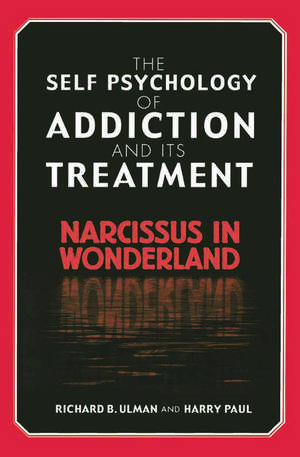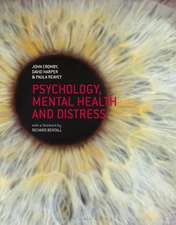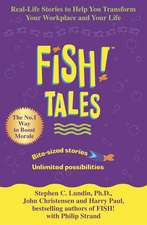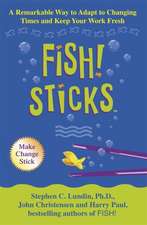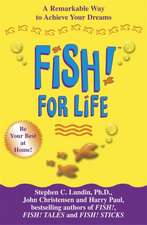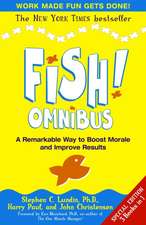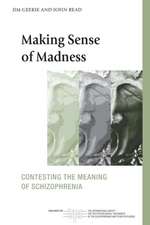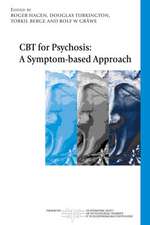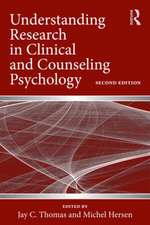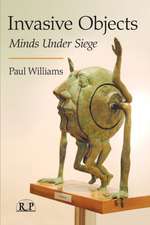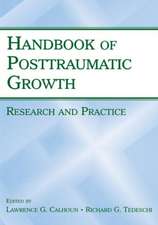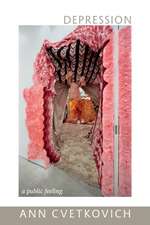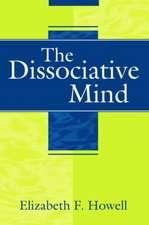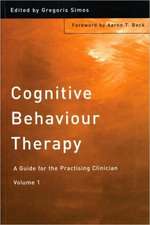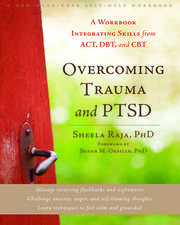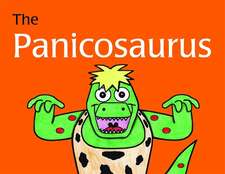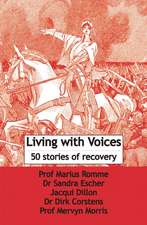The Self Psychology of Addiction and its Treatment: Narcissus in Wonderland
Autor Richard B. Ulman, Harry Paulen Limba Engleză Paperback – 10 noi 2014
The Self Psychology of Addiction and Its Treatment emphasizes clinical approaches in the treatment of challenging narcissistic patients struggling with the five major forms of addiction. Ulman and Paul focus on six specific case studies that are illustrative of the five forms of addiction. They use the representative subjects to develop a self psychological model that helps to answer the pertinent questions regarding the origins and pathway of addiction. This comprehensive book links addiction and trauma in an original manner that creates a greater understanding of addiction and its foundations than any clinical or theoretical model to date.
| Toate formatele și edițiile | Preț | Express |
|---|---|---|
| Paperback (1) | 469.40 lei 6-8 săpt. | |
| Taylor & Francis – 10 noi 2014 | 469.40 lei 6-8 săpt. | |
| Hardback (1) | 1114.58 lei 6-8 săpt. | |
| Taylor & Francis – 9 iun 2006 | 1114.58 lei 6-8 săpt. |
Preț: 469.40 lei
Preț vechi: 494.11 lei
-5% Nou
Puncte Express: 704
Preț estimativ în valută:
89.82€ • 93.79$ • 74.17£
89.82€ • 93.79$ • 74.17£
Carte tipărită la comandă
Livrare economică 15-29 aprilie
Preluare comenzi: 021 569.72.76
Specificații
ISBN-13: 9780415763462
ISBN-10: 0415763460
Pagini: 552
Ilustrații: 16 black & white illustrations
Dimensiuni: 152 x 229 mm
Greutate: 0.73 kg
Ediția:1
Editura: Taylor & Francis
Colecția Routledge
Locul publicării:Oxford, United Kingdom
ISBN-10: 0415763460
Pagini: 552
Ilustrații: 16 black & white illustrations
Dimensiuni: 152 x 229 mm
Greutate: 0.73 kg
Ediția:1
Editura: Taylor & Francis
Colecția Routledge
Locul publicării:Oxford, United Kingdom
Public țintă
ProfessionalCuprins
Narcissus in Wonderland: An Introduction. A Self-psychological Model of Addiction. The Theoretical Origins of a Self-psycholgical Model of Addiction. The Narcissus Complex: Case Studies. A Psychoanalytic Phenomenology of Addiction. The Phenomenology of Addiction. The Etiology and Pathogenesis of Addiction. The Bipolar Self Typology of Addiction. The Self-psychological Treatment of the Addicted Patient. Conclusion.
Notă biografică
Richard B. Ulman, Ph.D., is a psychoanalyst in private practice in New York, and President and founding member of the Training and Research Institute for Self Psychology. Previously he has been an Associate Professor of Psychiatry at New York Medical College, Senior Researcher at the Center for Psychosocial Studies in New York, and Staff Clinical Psychologist at the FDR Veterans Administration Medical Center in New York.
Harry Paul, Ph.D., is a psychoanalyst in private practice in New York, and Vice President and founding member of The Training and Research Institute for Self Psychology. He has formerly been Research Affiliate for the Center of Psychosocial Studies in New York, Staff Psychologist at the FDR Veterans Administration Medical Center in New York.
Harry Paul, Ph.D., is a psychoanalyst in private practice in New York, and Vice President and founding member of The Training and Research Institute for Self Psychology. He has formerly been Research Affiliate for the Center of Psychosocial Studies in New York, Staff Psychologist at the FDR Veterans Administration Medical Center in New York.
Recenzii
"As a psychiatrist, who specializes in clinical psychopharmacology and the neuropsychiatric exploration of both the functioning and malfunctioning of the brain, I found Ulman and Paul's The Self Psychology of Addiction and Its Treatment a truly groundbreaking work." - Francis Mas, M.D., DFAPA, Professor of Clinical Psychiatry, New York University Medical School
"…a tour de force in elucidating our understanding of the five major forms of addiction. This volume is an important benchmark of our significant theoretical and clinical knowledge of addiction, written by two mature clinicians and scholars with extensive relevant clinical as well as personal experience. I believe that it will serve as a major resource for clinicians who work with a variety of addicts, as well as with the many patients who present with addiction issues as part of their underlying psychopathology." - Gerald Adler, M.D., Training and Supervising Analyst, Boston Psychoanalytic Society and Institute
"An important book on addiction. Ulman and Paul show how the addictive person becomes dependent on megalomaniac fantasies and illusions, in effect becoming addicted to his or her own mind as well as behavior. A book packed with knowledge and first-hand experience." - Michael Eigen, Ph.D., Associate Clinical Professor of Psychology, New York University ostdoctoral Program in Psychotherapy and Psychoanalysis; Senior Member, National Psychological Association for Psychoanalysis
"…a tour de force in elucidating our understanding of the five major forms of addiction. This volume is an important benchmark of our significant theoretical and clinical knowledge of addiction, written by two mature clinicians and scholars with extensive relevant clinical as well as personal experience. I believe that it will serve as a major resource for clinicians who work with a variety of addicts, as well as with the many patients who present with addiction issues as part of their underlying psychopathology." - Gerald Adler, M.D., Training and Supervising Analyst, Boston Psychoanalytic Society and Institute
"An important book on addiction. Ulman and Paul show how the addictive person becomes dependent on megalomaniac fantasies and illusions, in effect becoming addicted to his or her own mind as well as behavior. A book packed with knowledge and first-hand experience." - Michael Eigen, Ph.D., Associate Clinical Professor of Psychology, New York University ostdoctoral Program in Psychotherapy and Psychoanalysis; Senior Member, National Psychological Association for Psychoanalysis
Descriere
The Self Psychology of Addiction and Its Treatment emphasizes clinical approaches in the treatment of challenging narcissistic patients struggling with the five major forms of addiction.. This comprehensive book links addiction and trauma in an original manner that creates a greater understanding of addiction and its foundations.
